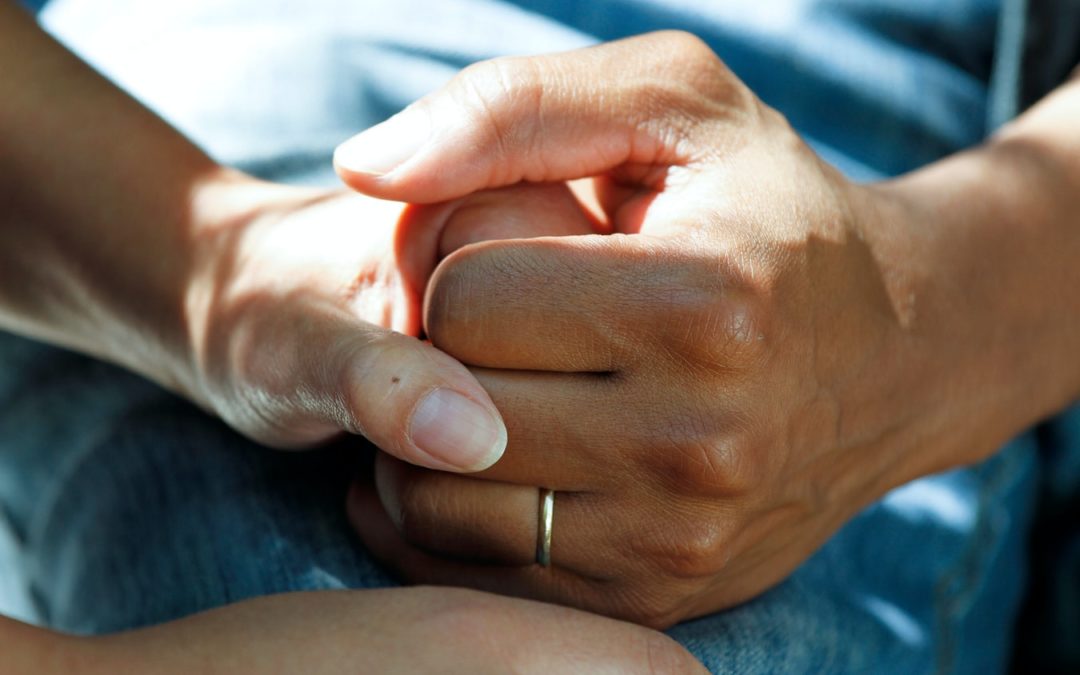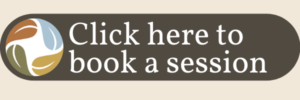It seems that as soon as we get comfortable with one way of life, the pandemic takes a different shape that has challenged our abilities to adapt and conform. As the popular Buddhist proverb states, “the only constant is change,” and that has been especially true for the past year. During the pandemic we have had to rely on ourselves and our own abilities to care for ourselves. While there were amazing acts of humanity displayed, it also became apparent how individualistic our society is, as evidence by the toilet paper hoarding, work being done from home and the physical isolation required with the slightest hint of a cough or sneeze.
 We have had to rely on society’s self-help narrative to survive. We were told we need self-help, self-care, self-validation, self-growth, and self-healing when things got difficult. While all of this is important and has been paramount in the throes of a global pandemic, how do we learn to trust enough to rely on others again? The self-help world misses the opportunity to capitalize on how valuable and healing interdependence can be. It can be scary because of previous disappointment, abandonment and devastation when we have thought we could rely on others and they weren’t available which left us feeling raw, stranded, and alone. Of course, we want to avoid those feelings, so we kick It into overdrive in order to avoid asking for help or support ever again. This response has left all of us exhausted and lonely.
We have had to rely on society’s self-help narrative to survive. We were told we need self-help, self-care, self-validation, self-growth, and self-healing when things got difficult. While all of this is important and has been paramount in the throes of a global pandemic, how do we learn to trust enough to rely on others again? The self-help world misses the opportunity to capitalize on how valuable and healing interdependence can be. It can be scary because of previous disappointment, abandonment and devastation when we have thought we could rely on others and they weren’t available which left us feeling raw, stranded, and alone. Of course, we want to avoid those feelings, so we kick It into overdrive in order to avoid asking for help or support ever again. This response has left all of us exhausted and lonely.
How to ask for support:
-Take some time to identity the need behind the ask.
An example might be asking your boss for a meeting to talk about workload. The need behind that might be to be validated by your boss for the amount of work being done and hopefully communicate about what is more feasible for you.
-Use “I” statements.
Rather than asking for help from your partner with the dishes by saying “you’re the one still working from home! I’ve been at work all day, you need to do the dishes,” try “I could really use some help with the dishes, and it would really take a load off me if you did them.” This way your partner is seeing your need clearly and helping to help you, not helping out of guilt or obligation.
-Have a backup plan in the event that the people around you don’t show up in the way that you would like them to.
An example might be that you are having a really rough day and you call your friend in hopes to be able to talk to them about it, and they are busy with other things. This is where self-care comes in. Get busy taking care of yourself and your bad day until your friend has the availability to care for you too. This might be making a healthy meal, snuggling with a pet, or going for a walk.

How to be a support:
– Be sure to listen long enough to hear fully what the message is being given, rather than listening with the assumption that you your know your response.
This might be hearing someone out on a request that is typically against company policy but putting the company policy aside momentarily to be able to understand the circumstance fully. There are generally more than one way to solve a problem, and if you listen long enough, you may be able to support the colleague, while also maintaining company policy.
–Get curious. There is always more information to be had.
People feel safe with you if you are engaged in asking more questions.
Say your child comes home from school with the same story about the same teacher that bores them to death every day. Try asking “what’s the hardest part of having a teacher that bores you?” “If you could have the perfect teacher, what would they look like?”
–Look for the emotion underneath the message and identify it to them
A neighbor stops you on the sidewalk to tell you about how the apartment rent is going up and they can’t find a roommate. Respond by saying “how frustrating for management to raise the rent on you like that. You must be so stressed trying to scramble for a roommate.” Did you catch the emotions in that response? People love to have their emotions identified for them. It makes them feel your investment even if it’s for a fleeting moment.
Humans are relational beings, and we tend to take it very personally when we are deprived of connection. Have you ever felt lonely and attributed it to something being wrong with you? IF you feel lonely or have felt lonely in the past year, there is something right with you. It means you’re human! Well wishes to you as you re-emerge into the post-pandemic world. Remember: you’re adaptable, you’re needs are not too much, and people need the support you have to give.


